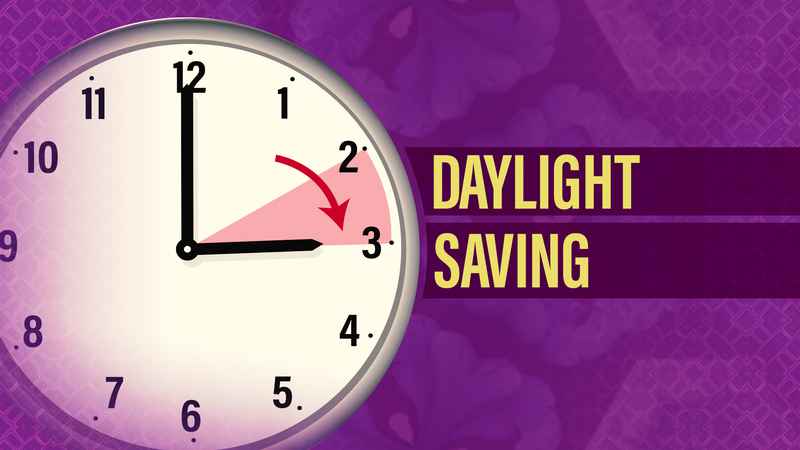Adjusting your body to daylight saving time
Research has shown the time change that comes with Daylight Saving Time has been linked to an increase in car accidents, stroke and heart attacks. So, what can someone do to help adjust?
A sleep specialist with Cleveland Clinic says one way is to stick to your schedule.
Be consistent with eating, social, bed and exercise times during the transition to Daylight Saving Time.
Also, don’t take long naps. Long daytime naps could make it harder for you to get a full night’s sleep.
Avoid coffee and caffeinated beverages four to six hours before bedtime. Caffeine is a stimulant that can make it hard for you to fall asleep.
